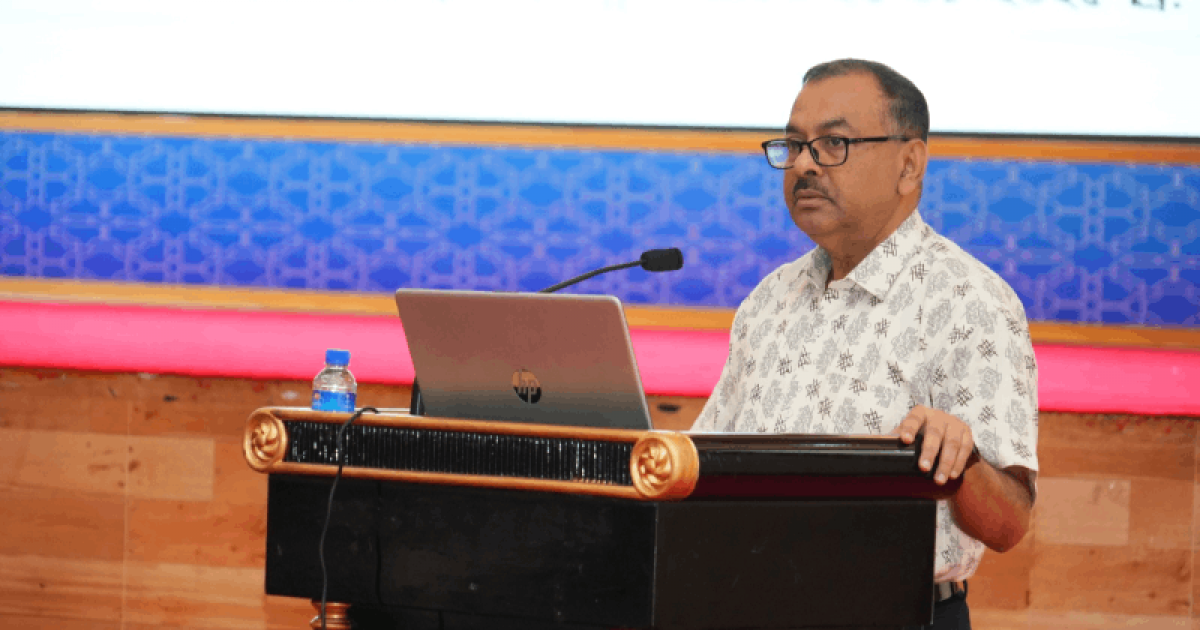Crypto policies may dominate South Korea’s 2025 election agenda as 15M investors eye reforms
The post Crypto policies may dominate South Korea’s 2025 election agenda as 15M investors eye reforms appeared on BitcoinEthereumNews.com. South Korea’s election is scheduled for 3 June. Candidates propose legalising Bitcoin and crypto ETFs. Lee Jae-myung of the Democratic Party and Kim Moon-soo from the People Power Party are leading with pro-crypto proposals. With over 15 million digital asset investors—nearly a third of the country’s population—crypto has emerged as a decisive issue in the election. Candidates are competing to win the confidence of this tech-savvy demographic by pledging to legalise crypto spot ETFs and introduce won-backed stablecoins, policy shifts that could radically reshape the nation’s financial landscape. Amid record capital outflows and demand for clearer regulation, both leading candidates have aligned their platforms with the rising crypto movement. But as policy discussions heat up, sceptics question whether these promises will move beyond political theatre. Crypto ETFs and pension fund access dominate the debate Lee Jae-myung of the Democratic Party and Kim Moon-soo from the People Power Party are leading with pro-crypto proposals. Both have committed to legalising spot crypto exchange-traded funds (ETFs), currently banned in South Korea. These instruments would allow indirect investment in assets like Bitcoin through regulated stock exchanges. Presently, crypto investment in South Korea is almost entirely retail-driven. Institutional investment is restricted, and domestic funds such as the National Pension Service cannot legally participate. That could change under Lee’s proposal to open digital asset investment to large institutions, provided price stability conditions are met. This marks a significant shift in government thinking. Until now, South Korean authorities have maintained a ban on corporate crypto exposure. However, recent commentary by leaders in the fintech industry, including the Korea Fintech Industry Association, suggests that a regulated ETF market could become a bridge between crypto and capital markets. Lee pushes won-backed stablecoin and digital asset law Lee Jae-myung is also pushing a stablecoin proposal aimed at reducing reliance on…

The post Crypto policies may dominate South Korea’s 2025 election agenda as 15M investors eye reforms appeared on BitcoinEthereumNews.com.
South Korea’s election is scheduled for 3 June. Candidates propose legalising Bitcoin and crypto ETFs. Lee Jae-myung of the Democratic Party and Kim Moon-soo from the People Power Party are leading with pro-crypto proposals. With over 15 million digital asset investors—nearly a third of the country’s population—crypto has emerged as a decisive issue in the election. Candidates are competing to win the confidence of this tech-savvy demographic by pledging to legalise crypto spot ETFs and introduce won-backed stablecoins, policy shifts that could radically reshape the nation’s financial landscape. Amid record capital outflows and demand for clearer regulation, both leading candidates have aligned their platforms with the rising crypto movement. But as policy discussions heat up, sceptics question whether these promises will move beyond political theatre. Crypto ETFs and pension fund access dominate the debate Lee Jae-myung of the Democratic Party and Kim Moon-soo from the People Power Party are leading with pro-crypto proposals. Both have committed to legalising spot crypto exchange-traded funds (ETFs), currently banned in South Korea. These instruments would allow indirect investment in assets like Bitcoin through regulated stock exchanges. Presently, crypto investment in South Korea is almost entirely retail-driven. Institutional investment is restricted, and domestic funds such as the National Pension Service cannot legally participate. That could change under Lee’s proposal to open digital asset investment to large institutions, provided price stability conditions are met. This marks a significant shift in government thinking. Until now, South Korean authorities have maintained a ban on corporate crypto exposure. However, recent commentary by leaders in the fintech industry, including the Korea Fintech Industry Association, suggests that a regulated ETF market could become a bridge between crypto and capital markets. Lee pushes won-backed stablecoin and digital asset law Lee Jae-myung is also pushing a stablecoin proposal aimed at reducing reliance on…
What's Your Reaction?








































